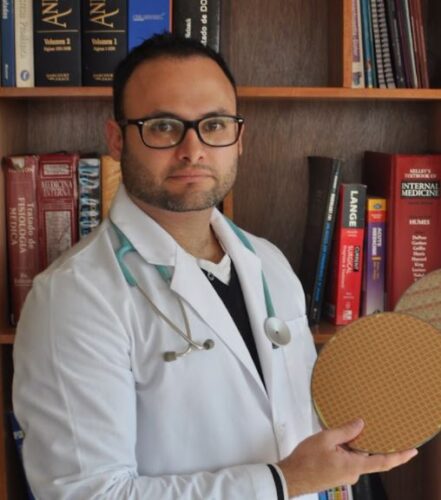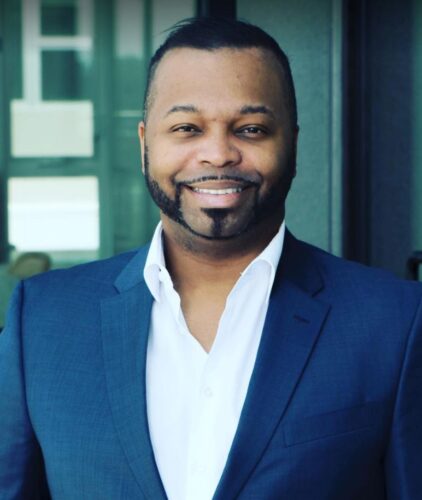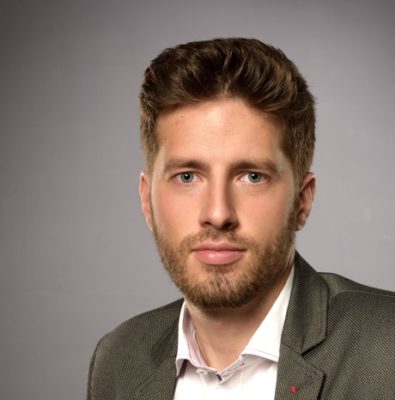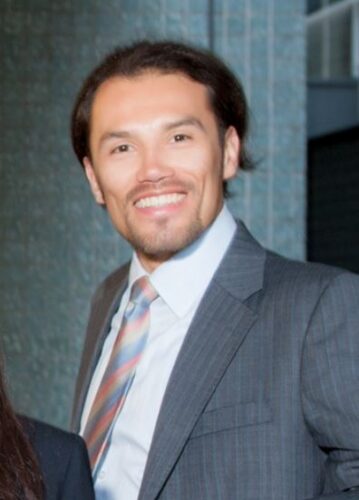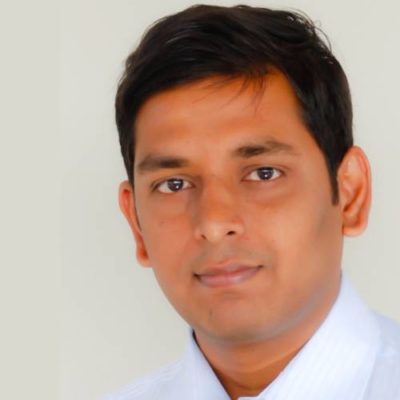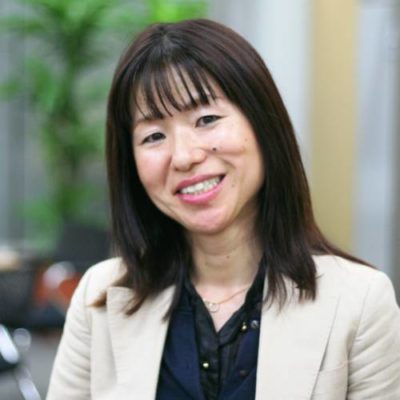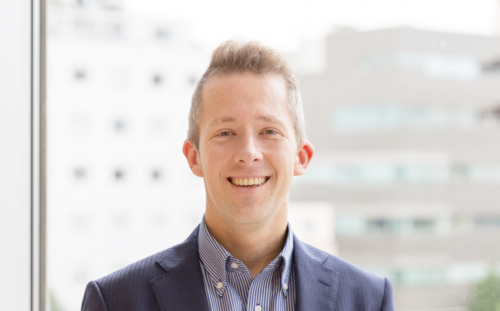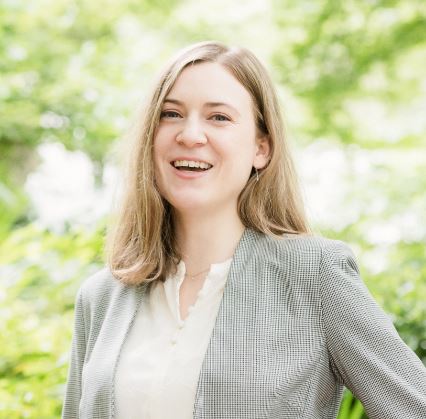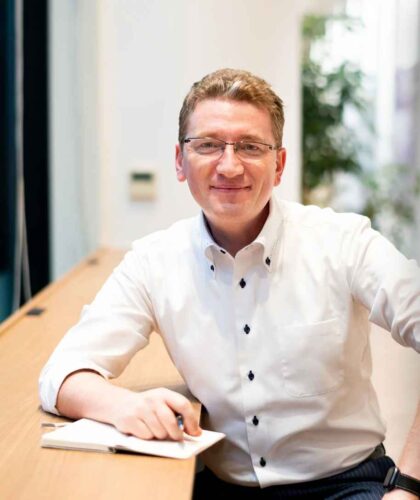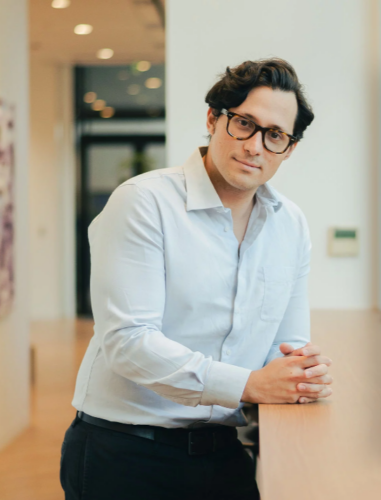Carola Pava Medina
Industry Background
, HealthcareProgram Intake
, Full-time MBAHome Country
Colombia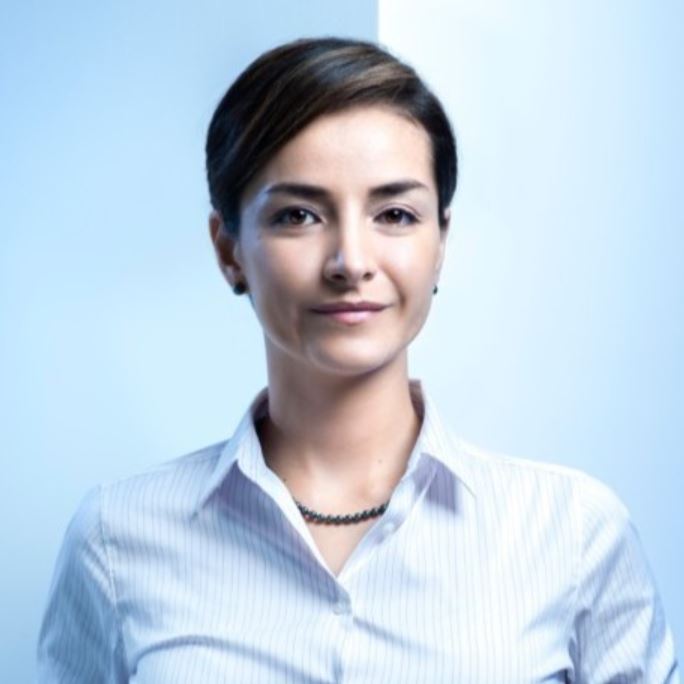
How has your career progressed since graduating from the GLOBIS MBA?
After graduation, I went back to Colombia to help out with our family business, which operates supermarkets across Colombia. I helped for two years with corporate governance and the third-generation transition. I was able to finish preparing for the business transition, but then a big disaster struck the world: the COVID-19 pandemic. Seeing what was happening around me, I felt a strong need to help humanity. This is how I got involved with the World Health Organization (WHO).
My background in budget and financial planning helped me to transition into this position, and in March 2020, I flew to Manila to deal with the implementation of our programs at the WHO Regional Office. Our reach extends from the Mongolian steppes in central Asia, east to the Pitcairn Islands in the Pacific Ocean, and south to New Zealand.
How has your GLOBIS MBA experience helped you?
My GLOBIS experience helped in many different aspects throughout my career. Marketing courses came in handy, as they equipped me with frameworks to help out my family business. Not just for product placement strategies in our supermarkets, but even within each team my family company has. We were also applying a 7S framework to make our HR unit more attractive within the company.
Courses that focused on cross-cultural management and communication, negotiation and facilitation, and business presentation were helpful in convincing others to open up to different ideas and approaches. Within the company, we have cultures to bridge, as well. It even helped convincing my father to follow the new protocols.
Within WHO, Cross Cultural Management was a course that really helped me. It played a big role because, as WHO employees, we need to be diplomatic, assertive, and understanding of what others can bring to the table. Many nationalities are working together, and I’m lucky my class environment at GLOBIS was quite diverse. It provided a sandbox to experience work in a global environment.
How does your current position reflect your kokorozashi?
My kokorozashi at graduation was to provide funding for women and help them come up in the society. In Colombia, through our family business, I was able to help women—the heads of various households. I felt my impact on the livelihoods and opportunities was good, but it was still limited.
During my Keiei Dojo course at GLOBIS, I also remembered that developing a kokorozashi is always a back and forth, never a straight line. It needs constant refinement. Right now at WHO, I can feel my impact is bigger. It goes beyond just helping women, as I am helping entire communities.
What is a typical day for you at WHO in Asia?
A typical day at WHO is one that deals with health emergencies in the western Pacific region, so it is very hard to define a typical day. I am part of the finance team, and we are easily thrown out of our routines. We generally only work on COVID-19 responses. When floods happen in the region, we need to quickly detach and respond to the new emergency. When it comes to COVID-19 responses, we are in charge of the end-to-end process for donor agreements. We also support technical teams to create the budget for mobilized resources and for activities member states planned.
I actually use knowledge from my Critical Thinking course, as we need to reach points we need to convey in a very limited time frame. Applying finance frameworks from GLOBIS is slightly more challenging. Our MBA focused more on corporate finance than public organizations.
What triggered you to pursue an MBA in Japan in the first place?
My family business was looking into a transition at the time I was looking for my MBA. I went to a fair in Hong Kong and was fortunate to meet GLOBIS representatives who informed me of the program’s uniqueness and strengths. GLOBIS was located in Japan, a country which has a long and impressive history of successfully managing family businesses for generations. At the same time, it also offered American perspectives on business, not just Asian ones.
When I found out GLOBIS also had a student club which focused on empowering women, I felt compelled to find out more and explore my opportunities at Japan’s largest business school.
What did you learn about management in Japan?
I learned many Japanese businesses look at more than just numbers. They look at corporate relationships, and the sustainability of the business itself. That perspective was something you would not regularly see at business schools in the States. Think long term about your business, and consider various other perspectives to approach business management. It was a real eye-opener.
Would you recommend GLOBIS to future candidates from the Americas?
Of course I recommend it! However, understand that you will be joining a niche program. You will need to be ready to look for your personal kokorazashi. Looking at how the times are changing, I believe more and more people are looking at this kind of path. They are more conscious about themselves and are seeking their place in the world in respect to society. If you don’t know your mission, it will be hard to make any change in your life. So grab this unique opportunity to join a journey of self-discovery!
